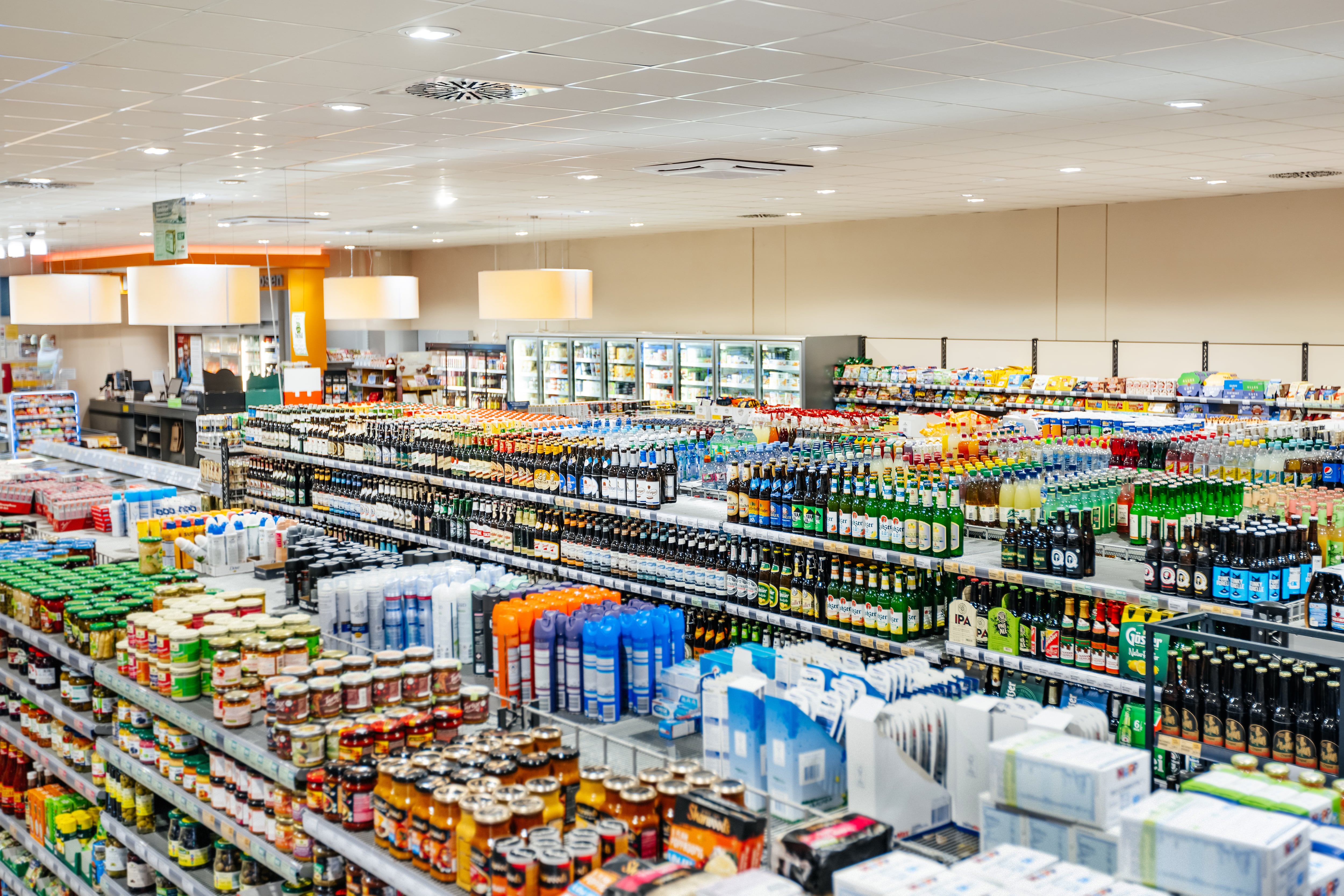CP Foods, a major APAC supplier of ready-to-cook Asian products, operates under the CP brand in Asia and as Authentic Asia in the West.
As part of its plan to optimise efficiency and cultivate sustainable practices, CP Foods has integrated digital technology, data management, and artificial intelligence (AI) into its processes.
According to the firm, it is the first food processing company to have its near- and long-term forests, lands, and agriculture (FLAG) sustainability targets validated by the Science Based Targets initiative (SBTi).
What is the SBTi?
The SBTi is a global body that enables companies and financial institutions to set greenhouse gas (GHG) emissions reduction targets in line with climate science.
It provides a framework for companies to align their decarbonisation efforts with the goals of the Paris Agreement, specifically limiting global warming to 1.5°C above pre-industrial levels.
SBTi also helps companies understand how much and how quickly they need to reduce emissions to achieve net-zero by 2050.
We break down each of CP Food’s four climate-smart strategies, which involves operations across the supply chain.
Carbon reduction from sustainable sourcing
CP Foods promotes sustainable agriculture across its supply chain by collaborating with partners and farmers to reduce emissions and enhance biodiversity.
The firm has implemented a traceability system for raw materials like corn, soy, and palm oil to ensure deforestation-free sourcing by this year, with plans to include wheat and barley by 2030.
Through its Net-Zero Intelligence Platform (SNIP), the company is pioneering smart factories and energy-efficient facilities that enhance sustainability performance and reduce carbon output.
This is also applied to CP Foods’ best practices for sustainable poultry farming, which emphasises animal welfare, said Dr Payungsak S Tanagul, Deputy Director of Farm Standards and Regulation at CP Foods.
“At every farming stage, including automated feeding systems for appropriate feed distribution, constant access to clean water, and intelligent environmental controls managing temperature and humidity, optimising conditions for poultry at various growth stages,” shared Dr Tanagul.
“Healthy animals grow robustly, significantly reducing antibiotic use and ensuring high-quality, residue-free chicken meat. This builds consumer confidence and fosters comprehensive sustainability in economic, social, and environmental dimensions,” said Dr Tanagul.
Clean power circulation
CP Foods is transitioning its operations to renewable energy through solar power, biomass, and biogas systems.
Since 2022, the firm’s facilities in Thailand and Vietnam have eliminated coal usage, with a commitment to extend this mandate to all global operations by 2030.
This is done in collaboration with the RE100 – a global initiative bringing together the world’s most influential businesses committed to using 100% renewable electricity in their operations.
RE100
RE100 is a global initiative organised by The Climate Group and the Carbon Disclosure Project (CDP) that comprises more than 400 influential corporates committed to 100% renewable electricity. Members promote clean energy and smarter energy use in over 175 markets worldwide.
The CDP runs a global system for companies and cities to measure and disclose environmental impact.
Somkid Wannalukkhee, head of the Egg Business at CP Foods, emphasised that the integrated production system – housing layer barns, automated egg grading and processing facilities in a single location – enhances efficiency and reduces logistics costs while ensuring high food safety standards.
CP Foods aims to scale up solar capacity to 100 MW by end-2025, up from 20 MW in 2023. This includes rooftop solar installations such as the 360 kWp system at its Chanthaburi farm, said Peerapong Krinchai, head of Corporate Engineering.
The firm has transformed its layer chicken complex in Chanthaburi into its first fully renewable energy farm by harnessing biogas and solar power.
Previously, the Chanthaburi complex operated on approximately 80% renewable energy, powered by biogas generated from chicken manure. With the integration of rooftop solar panels and enhanced biogas optimisation earlier this year, the facility now operates on 100% renewable energy.
This allows efficient energy consumption by seamlessly switching between biogas and solar power, minimising reliance on external sources and boosting the farm’s energy self-sufficiency.
The farm now offsets over 16,500 tons of CO₂ emissions annually — equivalent to planting more than 1.7 million trees. As part of its commitment to environmental sustainability and its Net-Zero 2050 target, CP Foods plans to expand its RE100 farm model to its layer and swine farm operations throughout Thailand.
Focus on human capital and the future generation
Digital innovation and workforce upskilling are key pillars of CP Foods’ sustainability approach.
Last November, the firm announced the launch of Feed Sustainovation 2024, an initiative dedicated to enhancing workforce capabilities through AI and innovative technologies to drive sustainable business practices.
This initiative serves as a collaborative space for exchanging knowledge and building a resilient food system for future generations.
Additionally, CP Foods highlights the importance of collaboration across the value chain to achieve efficacy.
Net zero network
Lastly, CP Foods is forging a collaborative network with employees, partners, and small-to-medium enterprises (SMEs) to promote low-carbon practices throughout its supply chain. Initiatives like SMEx support SMEs in minimising emissions and adopting environmentally friendly innovations, reinforcing CPF’s approach to shared responsibility in sustainability.
CP Foods’ contract farmers have adopted technologies advocated by the firm, significantly reducing disease outbreak risks. This enables farmers to produce high-quality chicken that meets stringent safety standards, ensuring safe products for Thai consumers, stable income for farmers, and supporting sustainable growth in Thai agriculture.
Additionally, the firm works with Seafood Business for Ocean Stewardship (SeaBOS) – a collaboration of some of the world’s largest seafood companies working with scientists to promote sustainable seafood production and improve ocean health.
From 2025 to 2030, CP Foods plans to invest approximately 5bn baht in environmental sustainability initiatives across the value chain.
“Our commitment to reducing greenhouse gas emissions is steadfast, guided by the 4 Smart Strategy and our use of green technologies across the supply chain,” said Peerapong Krinchai, Head of Corporate Engineering. “This initiative not only optimises efficiency but also mitigates our environmental footprint.”





